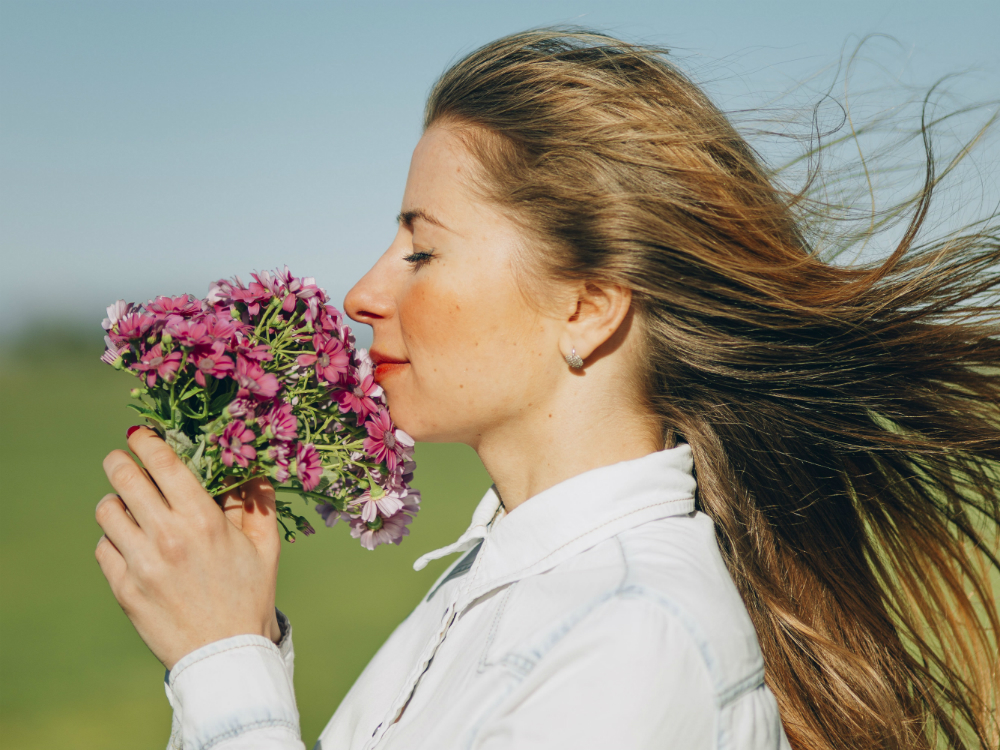Do I have hayfever? Everything you need to know about your pollen allergy
With hayfever on the rise, we investigate how to prevent the annoying allergy from taking over your summer.

With hayfever on the rise, we investigate how to prevent the annoying allergy from taking over your summer.
Admit it, we all love the summer. The sun is shining, people are smiling and getting that little bit of Vitamin D just makes everything feel right. But for many people in the UK, the sunny season brings something else along with it: months and months of sniffling noses, watery eyes and inappropriately-timed sneezes.
With nearly 18 million people suffering from it every year, hayfever is the most common form of allergy in the UK. But it’s actually really easy to treat: in fact, with a little know-how and the right medication, your runny nose could be a thing of the past.
Here is everything you need to know to beat the hayfever blues…
What Is Hayfever? Hayfever, or seasonal allergic rhinitis, is an allergy. That means it’s an abnormal immune response in the body to something that is quite harmless, which in hayfever’s case, is pollen. What Are The Symptoms? Symptoms include a runny nose, itchy eyes, sneezing, the sensation of having mucus at the back of your throat, coughing, tiredness and a general feeling of being miserable.
How Do You Know When It’s Not Just The Common Cold? ‘True hayfever is seasonal, and only occurs at specific times of the year,’ explains Amena Warner, National Nurse Advisor for Allergy UK. ‘Symptoms usually start at the beginning of April or May, when it peaks, then decreases by the end of July, beginning of August, depending on weather patterns.’ The easiest way to tell the difference between hayfever and a cold is through your mucus. With hayfever, the mucus is usually clear and colourless and the nose feels itchy. With a common cold, the nasal discharge can be green. You can also get a temperature with a cold. Warner elaborates, 'In the absence of a temperature, no green discharge and if its within hayfever season, this is usually indicative of an allergy.'
Is Hayfever Avoidable? No, it is impossible to avoid pollen completely, unless you go to a different country where the pollen season is at a different time, but it is possible to minimise exposure to pollen.
Marie Claire Newsletter
Celebrity news, beauty, fashion advice, and fascinating features, delivered straight to your inbox!

Are The Symptoms Preventable? Thankfully, yes. 'If somebody recognizes that they have hayfever, the best thing for that person to do is prepare well in advance,' Warner explains. Starting medications two weeks before symptoms usually begin is more effective than taking it only on the worst days. A sufferer of hayfever should have an arsenal of medications. Nasal barrier balms, non-medicalised balms, should be placed around edges of nostrils – not inserted inside – as this captures the pollen before it enters the nose. Nasal saline douching also washes out the sinuses of any pollen, preventing the pollen from inflaming the lining of the nose. A nasal steroid spray and antihistamine is the treatment if the above simple measures do not work (combination spray also helps control itchy eyes). For the nasal steroid spray, make sure to tip your head forward, look down, insert the nozzle and spray toward the outside of the nose.
Are There Any Home Care Remedies? ‘At the moment, no, as there are no scientific studies suggesting any home care remedies helps,’ says Warner, unfortunately.
Is It A Lifelong Occurrence? ‘Unfortunately, yes. That is why the best thing to do is to prevent the symptoms as much as possible, by starting medications as early as possible.’
What If The Medications Don’t Help? ‘Some people use a whole combination of medication that still doesn’t treat hayfever,’ says Warner. ‘In this case, it is good to see your GP, who may recommend allergy diagnostic tests to determine what allergen is affecting you.’ You should also see an allergy specialist if you get a tight chest and cough with your hayfever, or have severe hayfever symptoms.
For more information on hayfever, visit Allergy UK at their website www.allergyuk.org, or call their helpline at 01322 619898
The leading destination for fashion, beauty, shopping and finger-on-the-pulse views on the latest issues. Marie Claire's travel content helps you delight in discovering new destinations around the globe, offering a unique – and sometimes unchartered – travel experience. From new hotel openings to the destinations tipped to take over our travel calendars, this iconic name has it covered.
-
 The 10 best dresses celebrities from Tiffany & Co.'s Blue Book 2025 Gala
The 10 best dresses celebrities from Tiffany & Co.'s Blue Book 2025 GalaCelebrating the brand's marine-inspired collection
By Sofia Piza
-
 These are the 11 cult designer buys of spring 2025—and they're already selling out
These are the 11 cult designer buys of spring 2025—and they're already selling outFrom Miu Miu's must-have cowboy hat to Loewe's latest bag
By Clementina Jackson
-
 Prince William and Princess Kate have announced their 14th wedding anniversary plans
Prince William and Princess Kate have announced their 14th wedding anniversary plansBy Jenny Proudfoot